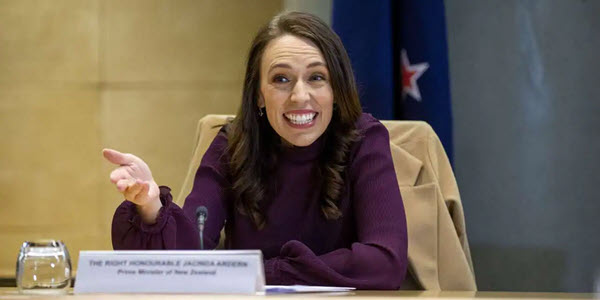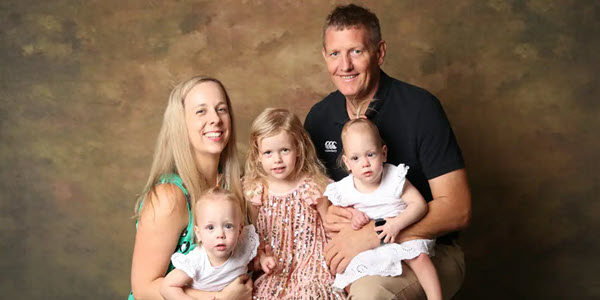Ardern wants easier pathways to citizenship

11 June 2022
Amy Hall - SBS News
The New Zealand Prime Minister has reiterated calls for Australia to change a policy that has seen thousands of Kiwis with criminal records deported across the Tasman, even if they've spent little time in the country.
She used a bilateral meeting with Mr Albanese in Sydney on Friday to urge the federal government to make changes to a policy that allows the deportation of New Zealanders with criminal records who have spent most of their lives in Australia. Ms Ardern also called for an improved pathway to permanent residency and citizenship for Kiwis who live in Australia.
Deporting people who have no family or support network in New Zealand is “a recipe for disaster,” according to Joanne Cox, chair of advocacy group Oz Kiwi. “People can not be expected to make a success of themselves, going to no support, they've been in prison, they probably don't have as good life skills as you or I,” she told SBS News. “The New Zealand government can't keep servicing that and supporting them.”
Ms Cox said she'd like to see the 24-month, single sentence benchmark for deportation that was in place before the December 2014 changes be reinstated “for a start. Certainly, children who arrived (in Australia) under the age of 10 should not be deported,” she said.
Why is an easier pathway to citizenship needed for New Zealanders?
Most New Zealand citizens are granted a Special Category visa (SCV) upon arrival in Australia, which allows them to live and work in the country for an unlimited amount of time. But SCVs don't give them access to a range of services, including unemployment and disability support, or the right to work in public service or defence roles.
The only way to get that is through Australian citizenship, which Ms Cox said SCVs do not provide a direct pathway to. “As the years have gone by, there are more and more disenfranchised New Zealanders who don't have a viable option,” she said. “We estimate around 200,000 to 250,000 New Zealanders of the approximate 650,000 who live in Australia would be in that situation, actively wanting citizenship but not able to obtain it.”
Chris Kempton and his wife Sarah are among them. They arrived in Australia a decade ago from New Zealand, eventually settling in the Northern Territory where their three daughters were born. Complications caused by the premature arrival of their three-year-old twins left one of them - Audrey - with several medical issues, including mild cerebral palsy.
Mr Kempton said because he and his wife aren't citizens, Audrey is unable to access the National Disability Insurance Scheme (NDIS). Audrey's disability also means he and Sarah are now ineligible to apply for permanent residency or citizenship.
New Zealand citizens Sarah and Chris Kempton's three daughters Constance, Claudia, and Audrey were all born in Australia. Source: Supplied
How likely is it that the changes will be made?
Ms Ardern said she was “heartened” by the response she received from Mr Albanese regarding the deportation and citizenship issues during their bilateral meeting. While “Section 501 should be maintained”, Mr Albanese said the issue would be worked through in “an orderly way”, signalling a possible softening of Australia's approach to the issue.
Ms Cox said she's “quite hopeful” that “positive reforms” will be made to residency and citizenship pathways “in the near future”, now there's been a change of government in Australia. “I used to say that Auspol was a bin fire, but Auspol has a better future now because we've got caring, compassionate people in power again,” she said.
Both the deportation and citizenship issues will be discussed at a ministerial and leaders' meeting between Australia and New Zealand next month.
[Read the full SBS article].
Related
Australian Labor support citizenship for all New Zealanders
